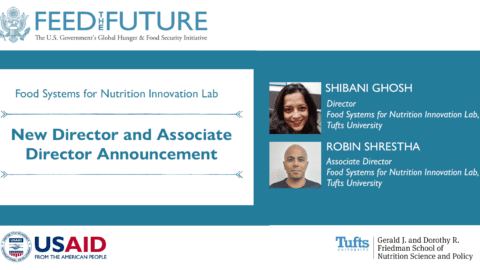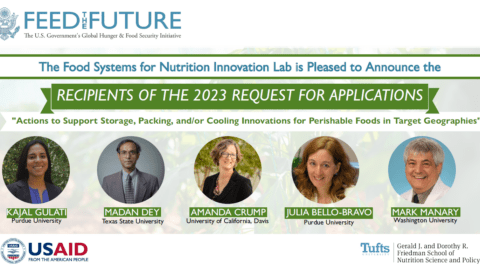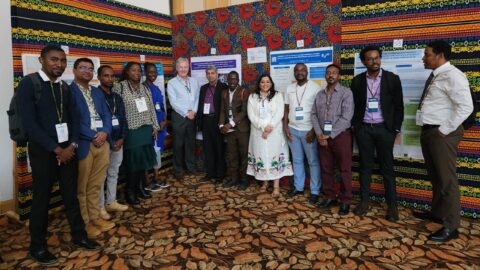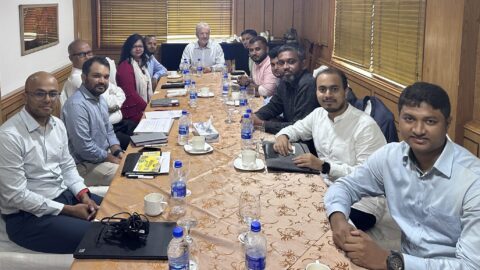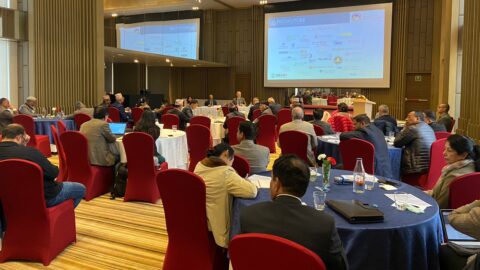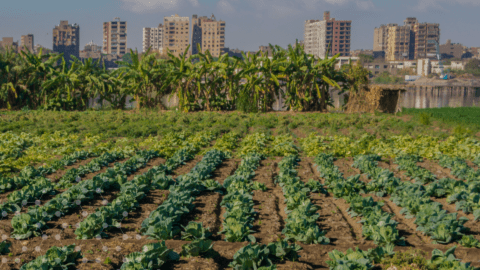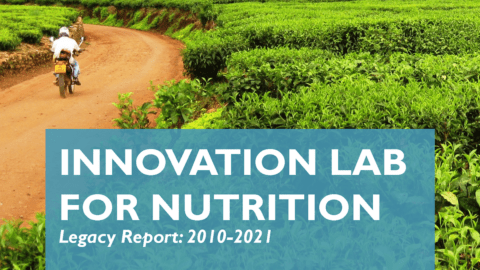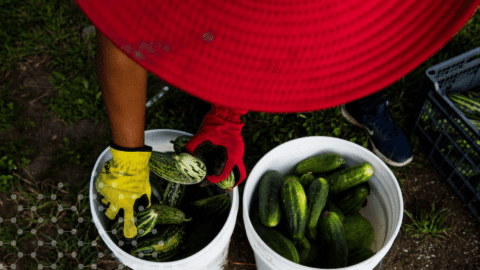Our Work
The Food Systems for Nutrition Innovation Lab (FSN-IL) promotes food system innovations, novel technologies and best practices to support improved diet quality, nutrition and resilience. Our goal is to identify, test and help scale up promising nutrition-sensitive food system solutions from around the world. We offer funding through competitive grants and prizes and engage with stakeholders across the private and public sectors.
Research for Development
Generating evidence on innovative food technologies and practices that support improved nutrition
Capacity Building
Supporting individuals and organizations in Africa and South Asia and within the United States
Stakeholder Engagement
Collaborating across sectors to catalyze the uptake of food system innovations
Infographics & Fliers
Recent Events
Webinar: What Matters for Sustainable Diets? Results of a Global Expert Elicitation Across Environmental, Social, Health, and Economic Domains
Sustainable dietary patterns should be environmentally sound, socially equitable, economically viable, and nutritionally adequate for current and future generations. But how do we measure sustainable dietary practices? To answer this question, our speakers gathered insights from global experts across diverse fields to identify critical outcomes for evaluating sustainable diets. In this webinar, we discussed the methodology used, presented key findings, and outlined the implications for future discussions on the evaluation of the sustainability of diets.
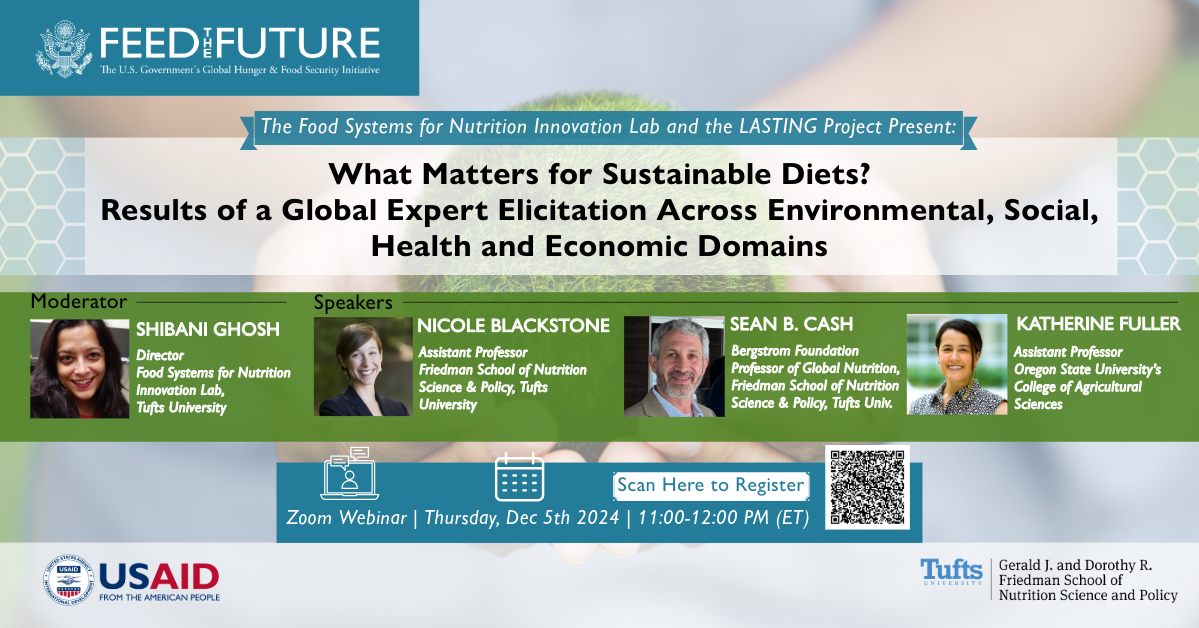
Annual Partners Meeting 2024
The annual Partners Meeting brought together FSN-IL consortium partners and collaborators to share progress and take stock of ongoing activities, further strategic thinking and approaches around scaling actions targeting food systems for nutrition, explore potential new activities relating to research for development (R4D), human and institutional capacity development (HICD), and policy/business engagement, and identify new networks, partners, and potential users of FSN-IL outputs and activities.

Annual FTF Innovation Lab Council Meeting
The annual FTF Innovation Lab Council Meeting brought together the USAID Bureau for Resilience, Environment and Food Security, BIFAD, FTF Innovation Labs, and their partners to share and discuss opportunities for engagement and collaboration across the Labs’ state-of-the-art findings in agriculture-led economic growth, food systems transformation, and nutritional well-being. This year’s theme was: “Translating Research to Action: Innovation Lab Influence in Policy and Program Design for Effective Scaling.”


